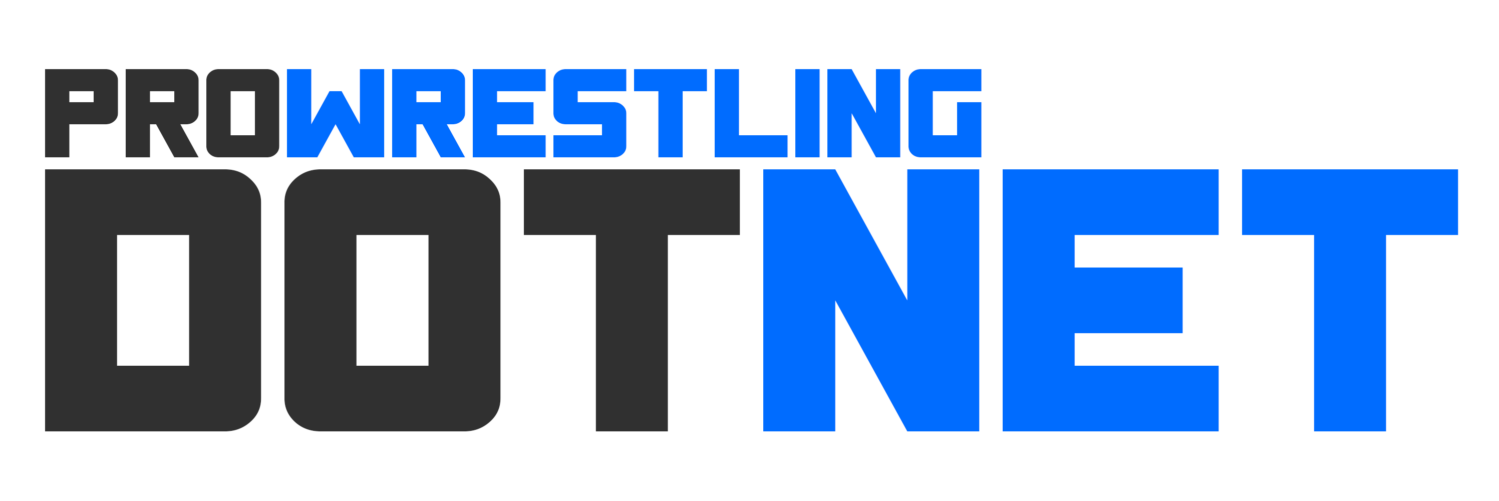By Jason Powell, ProWrestling.net Editor (@prowrestlingnet)
Outside Interference Podcast with guest David Hill
Host: Kenny Herzog
Twitter: @KennyHerzog
Website: Kennyherzog.com
Interview available at Spotify.com
David Hill on whether wrestling can, fundamentally, unionize: “Wrestling is a part of the entertainment industry in the United States. The entertainment industry is probably the most unionized industry in the United States. It is one of our biggest exports around the world. It’s highly unionized across the board, and the people who work in that industry who belong to the unions are incredibly well compensated…. The fact that wrestling already exists in that sector of the American economy is good for its ability to get organized or become unionized at some point, versus the tech industry or a lot of the gig economy….
“We have a very clear and obvious model for how, if wrestling was going to become unionized, what it would probably look like. What does it take to bring a completely non-union industry organized? Well, it would be a fight because in the early going. The employers will resist it tooth and nail. In this case, the centerpiece of the industry — WWE — run by kind of avowed conservative Republicans, anti-union folks who beat back attempts…. But it’s not a fight that’s un-winnable, and it’s a fight that — if it was won — the end product would look a lot like the film industry, where unions have been really good for labor, both above the line and below.”
David Hill on the challenges of smaller promotions working with unionized talent: “I understand that they’re saying we couldn’t pay higher standards because we’re at the bottom rung here. We couldn’t afford to pay better, or we can’t afford to uphold a standard that a bigger company can. That makes sense. But what does having a union ultimately mean? This is just about the workers having some agency, right? It just means some democracy at work — that the people at that workplace have the legal right to negotiate collectively with the employer over the terms of their employment. That’s all it means. Now what comes out of those negotiations could be anything. For an employer to say, ‘We couldn’t have a union here,’ what they’re saying is if we had to actually allow our employees to negotiate with us, we would lose the ability to do business because our business model depends on our ability to kind of screw over our employees at will. I don’t think that’s an argument that holds much water.
“What has to be discussed is: What are the standards that people are looking for? In a perfect world, the best paid wrestlers would unionize first and all these benefits might trickle down, but it doesn’t have to happen that way. There’s no reason at all why an independent company who would like to set a good example [couldn’t] allow their employees to have some small degree of agency. And if more independent companies did that, those standards wouldn’t immediately go through…. So it would actually be good to see some of the smaller companies thumb their nose at the big companies and say, ‘If we can do this with as little money as we’re bringing in, why can’t you with all the sort of truckloads of money you’re making?'”
David Hill on the nuance of wrestler personas and third-party platforms: “Another example that might be more applicable to the way that professional wrestlers see themselves is professional athletes, who also are unionized in the United States. Even if you’re a lower-rung player, you make a lot of money outside of your job through endorsement deals and public appearances and, you know, your brand is also real, probably useful to you…. How much a player is able to do that is a function of having a strong union that can work with the leagues to make sure that the players individual rights are retained and protected.”
David Hill on whether SAG-AFTRA backing Zelina Vega aka Thea Trinidad is a positive development: “Unions aren’t these outside third-party entities that come in and advocate on your behalf. If wrestlers formed a union, the wrestlers would run the union. It’s really up to the workers to decide that they’re going to do this, and then workers who already have formed unions in the same space can bring some of their resources to assist…. I think it’s probably a mistake to have gone to SAG-AFTRA and to try to do this under that umbrella. It will raise a lot of unnecessary questions among wrestlers and wrestling fans to say, ‘We’re not actors. Why are we doing this?’ It probably would have been smarter to try to figure out how to form a union that’s just a union of wrestlers. Kind of charter a brand new organization, maybe get another union to seed it with some seed money or bless it some in some other way, but really try to build something new. [They] could sidestep all those inevitable questions that will come up about, ‘Is this the right union for us?’ and wrestlers could say, ‘We know it’s the right union for us, because we’re going to build it. We’re going to define what it is we’re fighting for and how we’re going to fight for it.’ I think that’s the path they should take. If they are serious about this.”










Be the first to comment